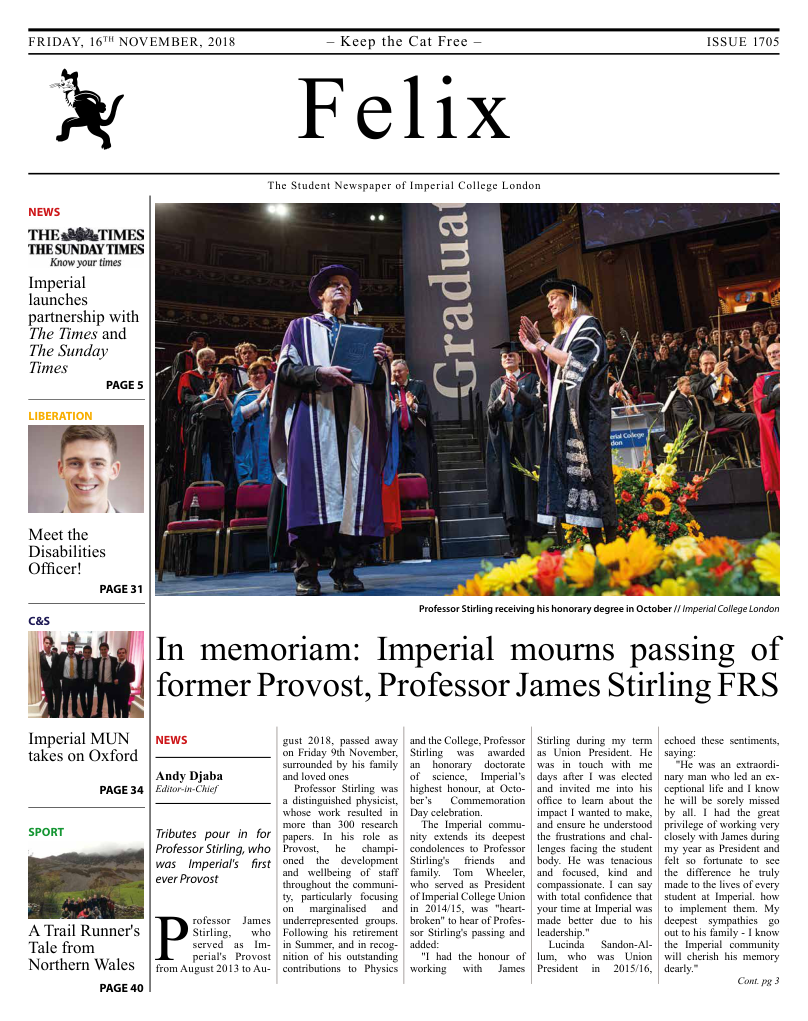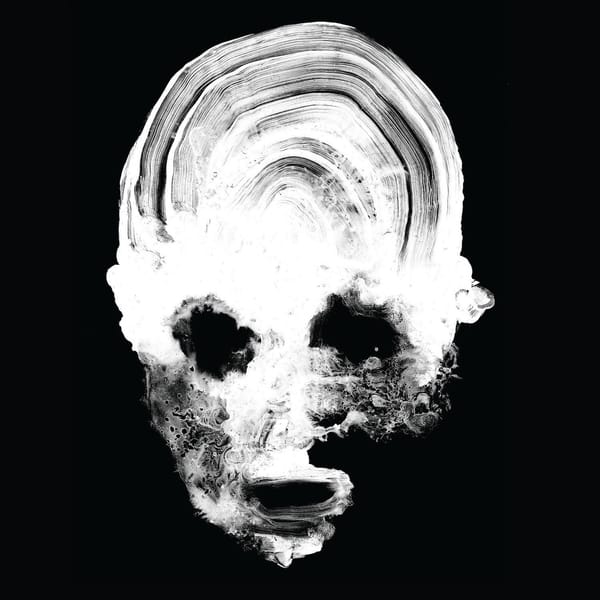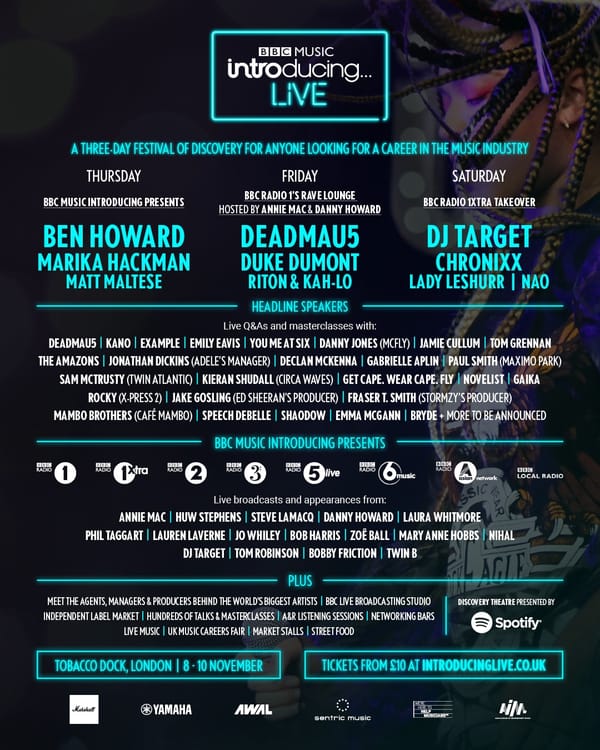A new muse-cal direction
Maryna says the new muse album is as jarring as its album cover

Three years after the conclusion of Drones, the English “rock” band Muse returns with their eighth studio album, Simulation Theory. Unlike anything they have released before, Simulation Theory is a polariser that will fragment their fanbase with its shockingly foreign soundscapes of electronic rock and synth-pop. Guitarist and lead singer Matt Bellamy’s unique tone is the only thing that will allow one to place this experimental album in the vicinity of Muse’s previous records.
With past albums all following dark themes like government oppression and warfare, Simulation Theory explores the less controversial science fiction idea that reality is a simulation, inspired by Bellamy’s concern of world domination by technological conspiracies over the majority of Muse’s career.
‘Thought Contagion’ and ‘The Void’ see a relatively effective and natural juxtaposition of electronica and rock. However, in an attempt to make up for different stylistic absences in their previous albums and break out of singing about fearing the corrupt power structure, most tracks including ‘Propaganda’ and ‘Break it to Me’, are overbearing, crowded pieces that unfold like an automatic pop-up tent in a portaloo. Lyrically, many songs on the album like ‘Blockades’, are complex and introspective, but the messages are drowned out by the overwhelming unload of electronica, which devalues them to the static noise playing in a cheap night club. The album is merely diluted by the stripped back acoustic versions of the tracks, which I predict will be streamed more frequently than the laptop music originals. What looks like an 80s Daddy Yankee/Sean Paul collaboration behind the Risky Business-borrowed cursive neon pink font, the cover art design is convoluted and very much reflective of the overproduced and crammed tracks that the album contains.
A drifting piece of tumbleweed in today’s music charts, Simulation Theory is too innovative and likely to be remembered by Muse’s diehard fans as a distasteful and messy mix of futuristic and 80s techno pop sounds… if it will be remembered at all.
-3 stars









